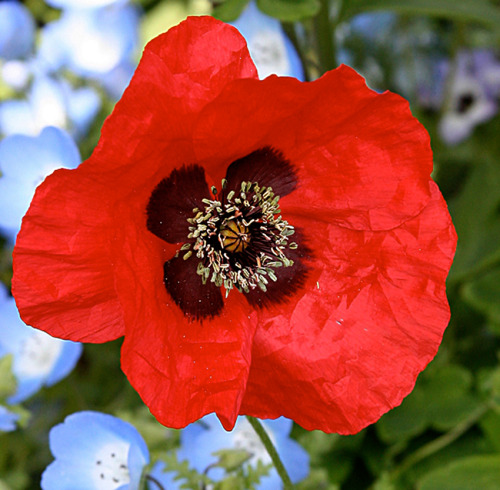Favorite Animated Movies [7/?]
![Favorite Animated Movies [7/?]](https://64.media.tumblr.com/de3ef88409abd11ece047e7ec90cdc44/tumblr_ootxbbdCzI1tqkn68o1_500.gif)
![Favorite Animated Movies [7/?]](https://64.media.tumblr.com/121cb8645362b1b9212ae44472b4331f/tumblr_ootxbbdCzI1tqkn68o4_500.gif)
![Favorite Animated Movies [7/?]](https://64.media.tumblr.com/5f5134302bb5650432893680cfd63643/tumblr_ootxbbdCzI1tqkn68o5_500.gif)
![Favorite Animated Movies [7/?]](https://64.media.tumblr.com/358d005a6928ab3bdedd1306a12667dd/tumblr_ootxbbdCzI1tqkn68o3_500.gif)
![Favorite Animated Movies [7/?]](https://64.media.tumblr.com/fcf695a278cdcac38087567d94cc99e9/tumblr_ootxbbdCzI1tqkn68o2_500.gif)
![Favorite Animated Movies [7/?]](https://64.media.tumblr.com/ffb5abad12ee58da4abd224e5f62baca/tumblr_ootxbbdCzI1tqkn68o6_500.gif)
![Favorite Animated Movies [7/?]](https://64.media.tumblr.com/9147908aeb5ef9dd50fd1f4c5fa7679d/tumblr_ootxbbdCzI1tqkn68o7_500.gif)
Favorite Animated Movies [7/?]
The Prince of Egypt (1998)
More Posts from Ghiblibiotch and Others
Rick Riordan won a Stonewall award today
for his second Magnus Chase book, due to the inclusion of the character Alex Fierro who is gender fluid. This was the speech he gave, and it really distills why I love this author and his works so much, and why I will always recommend his works to anyone and everyone.
“Thank you for inviting me here today. As I told the Stonewall Award Committee, this is an honor both humbling and unexpected.
So, what is an old cis straight white male doing up here? Where did I get the nerve to write Alex Fierro, a transgender, gender fluid child of Loki in The Hammer of Thor, and why should I get cookies for that?
These are all fair and valid questions, which I have been asking myself a lot.
I think, to support young LGBTQ readers, the most important thing publishing can do is to publish and promote more stories by LGBTQ authors, authentic experiences by authentic voices. We have to keep pushing for this. The Stonewall committee’s work is a critical part of that effort. I can only accept the Stonewall Award in the sense that I accept a call to action – firstly, to do more myself to read and promote books by LGBTQ authors.
But also, it’s a call to do better in my own writing. As one of my genderqueer readers told me recently, “Hey, thanks for Alex. You didn’t do a terrible job!” I thought: Yes! Not doing a terrible job was my goal!
As important as it is to offer authentic voices and empower authors and role models from within LGBTQ community, it’s is also important that LGBTQ kids see themselves reflected and valued in the larger world of mass media, including my books. I know this because my non-heteronormative readers tell me so. They actively lobby to see characters like themselves in my books. They like the universe I’ve created. They want to be part of it. They deserve that opportunity. It’s important that I, as a mainstream author, say, “I see you. You matter. Your life experience may not be like mine, but it is no less valid and no less real. I will do whatever I can to understand and accurately include you in my stories, in my world. I will not erase you.”
People all over the political spectrum often ask me, “Why can’t you just stay silent on these issues? Just don’t include LGBTQ material and everybody will be happy.” This assumes that silence is the natural neutral position. But silence is not neutral. It’s an active choice. Silence is great when you are listening. Silence is not so great when you are using it to ignore or exclude.
But that’s all macro, ‘big picture’ stuff. Yes, I think the principles are important. Yes, in the abstract, I feel an obligation to write the world as I see it: beautiful because of its variations. Where I can’t draw on personal experience, I listen, I read a lot – in particular I want to credit Beyond Magenta and Gender Outlaws for helping me understand more about the perspective of my character Alex Fierro – and I trust that much of the human experience is universal. You can’t go too far wrong if you use empathy as your lens. But the reason I wrote Alex Fierro, or Nico di Angelo, or any of my characters, is much more personal.
I was a teacher for many years, in public and private school, California and Texas. During those years, I taught all kinds of kids. I want them all to know that I see them. They matter. I write characters to honor my students, and to make up for what I wished I could have done for them in the classroom.
I think about my former student Adrian (a pseudonym), back in the 90s in San Francisco. Adrian used the pronouns he and him, so I will call him that, but I suspect Adrian might have had more freedom and more options as to how he self-identified in school were he growing up today. His peers, his teachers, his family all understood that Adrian was female, despite his birth designation. Since kindergarten, he had self-selected to be among the girls – socially, athletically, academically. He was one of our girls. And although he got support and acceptance at the school, I don’t know that I helped him as much as I could, or that I tried to understand his needs and his journey. At that time in my life, I didn’t have the experience, the vocabulary, or frankly the emotional capacity to have that conversation. When we broke into social skills groups, for instance, boys apart from girls, he came into my group with the boys, I think because he felt it was required, but I feel like I missed the opportunity to sit with him and ask him what he wanted. And to assure him it was okay, whichever choice he made. I learned more from Adrian than I taught him. Twenty years later, Alex Fierro is for Adrian.
I think about Jane (pseudonym), another one of my students who was a straight cis-female with two fantastic moms. Again, for LGBTQ families, San Francisco was a pretty good place to live in the 90s, but as we know, prejudice has no geographical border. You cannot build a wall high enough to keep it out. I know Jane got flack about her family. I did what I could to support her, but I don’t think I did enough. I remember the day Jane’s drama class was happening in my classroom. The teacher was new – our first African American male teacher, which we were all really excited about – and this was only his third week. I was sitting at my desk, grading papers, while the teacher did a free association exercise. One of his examples was ‘fruit – gay.’ I think he did it because he thought it would be funny to middle schoolers. After the class, I asked to see the teacher one on one. I asked him to be aware of what he was saying and how that might be hurtful. I know. Me, a white guy, lecturing this Black teacher about hurtful words. He got defensive and quit, because he said he could not promise to not use that language again. At the time, I felt like I needed to do something, to stand up especially for Jane and her family. But did I make things better handling it as I did? I think I missed an opportunity to open a dialogue about how different people experience hurtful labels. Emmie and Josephine and their daughter Georgina, the family I introduce in The Dark Prophecy, are for Jane.
I think about Amy, and Mark, and Nicholas … All former students who have come out as gay since I taught them in middle school. All have gone on to have successful careers and happy families. When I taught them, I knew they were different. Their struggles were greater, their perspectives more divergent than some of my other students. I tried to provide a safe space for them, to model respect, but in retrospect I don’t think I supported them as well as I could have, or reached out as much as they might have needed. I was too busy preparing lessons on Shakespeare or adjectives, and not focusing enough on my students’ emotional health. Adjectives were a lot easier for me to reconcile than feelings. Would they have felt comfortable coming out earlier than college or high school if they had found more support in middle school? Would they have wanted to? I don’t know. But I don’t think they felt it was a safe option, which leaves me thinking that I did not do enough for them at that critical middle school time. I do not want any kid to feel alone, invisible, misunderstood. Nico di Angelo is for Amy, and Mark and Nicholas.
I am trying to do more. Percy Jackson started as a way to empower kids, in particular my son, who had learning differences. As my platform grew, I felt obliged to use it to empower all kids who are struggling through middle school for whatever reason. I don’t always do enough. I don’t always get it right. Good intentions are wonderful things, but at the end of a manuscript, the text has to stand on its own. What I meant ceases to matter. Kids just see what I wrote. But I have to keep trying. My kids are counting on me.
So thank you, above all, to my former students who taught me. Alex Fierro is for you.
To you, I pledge myself to do better – to apologize when I screw up, to learn from my mistakes, to be there for LGBTQ youth and make sure they know that in my books, they are included. They matter. I am going to stop talking now, but I promise you I won’t stop listening.”
when I was like 10 I learned that splitting an atom will make a nuclear explosion and for a long time I got really stressed out whenever I had to cut anything bc like. what if I hit an atom at just the right angle
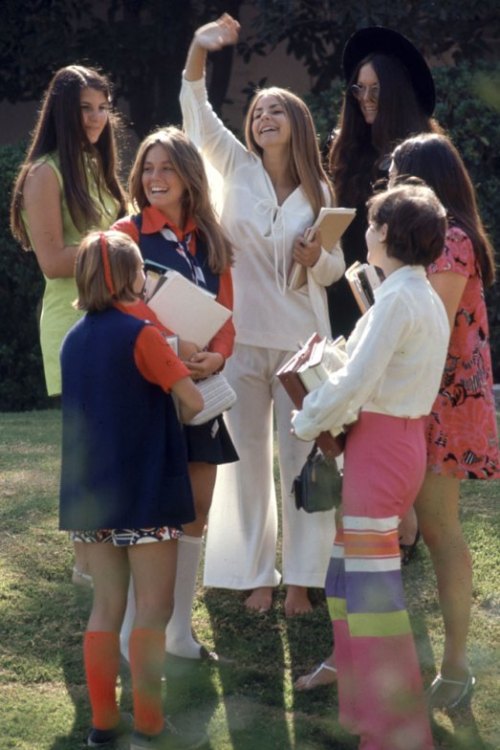



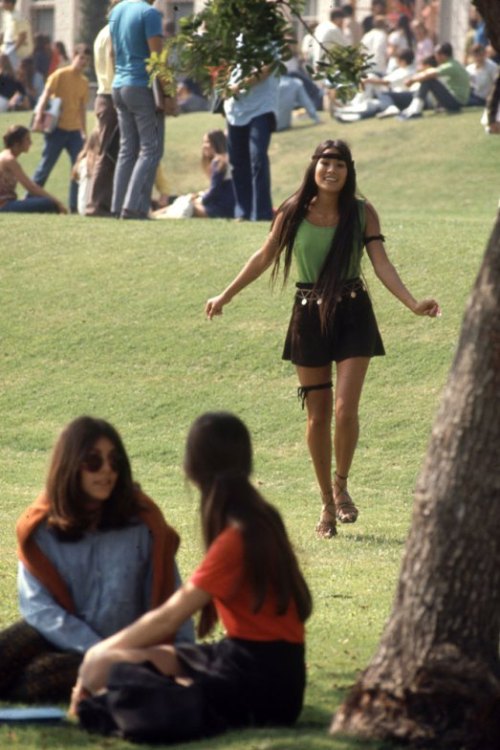
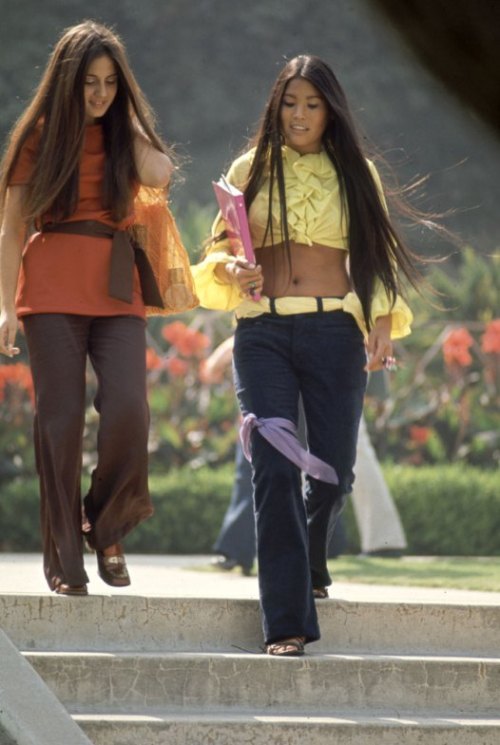
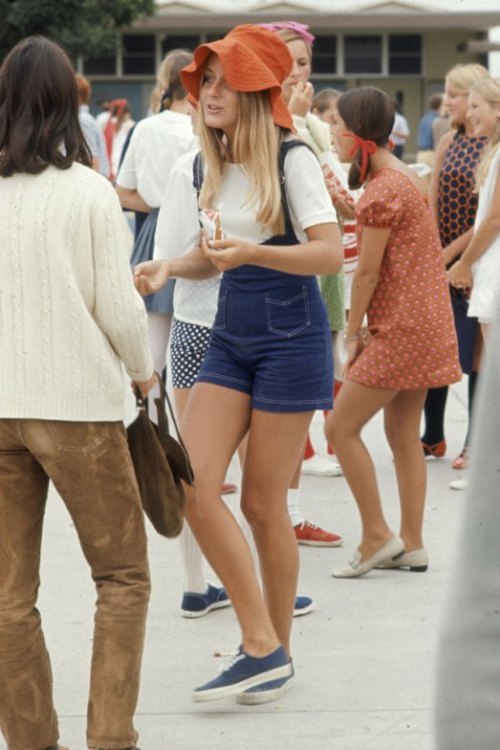


Writing Female Characters
Anushia Kandasivam: So, Brandon, you just introduced a really amazing female character [Spensa] to us. Your female characters throughout all your books are resourceful and independent. Some of them are leaders, some of them go through very interesting journeys of growth and self-discovery. Some of your female characters, like Vin and Sarene, they have mentors and teachers who are men, but their decisions about who to be and what to do are always their own. They always have agency. Was it a conscious choice to write these female characters and their journeys like this, and can you tell us if the process was easy or difficult?
Brandon Sanderson: So, there are a number of different responses to this. One is, I came into fantasy by way of some excellent female novelists that I highly recommend. Barbara Hambly was my first experience with fantasy, and then Anne McCaffery, Melanie Rawn, and Jane Yolen were kind of my introduction to fantasy. It's how I got pulled into it. To the point that when I was first given a David Eddings book, I was hesitant, because I was like, "Is this a genre guys can write?" was my honest reaction to that.
So, when I started writing my own books, I knew I wanted to do a good job with this, but I was really bad at it at the start. It was very embarrassing to me as a writer. And this happens to all new writers. There are things that you want do that, in your head, you imagine yourself doing very well, and then when you start out, you just do poorly. And the later in life that you start writing your stories, the more you're generally able to recognize how poorly you're doing things that you want to do well. And my very first book, that I didn't publish, particularly the female lead was very generic, and written very much to fill the role of love interest rather than to be a character. And I recognized it, even as I was writing it, but I didn't know how to do it differently. And it took practice. It took a lot of work. It really shouldn't, on one hand, right? Write the characters as people. rather than as roles. That's what you have to learn is - everybody is the hero of their own story in their head. They're the protagonist, whoever they are. And writing the characters so that they view themselves that way, and so they have autonomy, and they aren't being shoved around by the plot or by the protagonist, or things like this, but it's just very hard to do. I had a lot of early readers who were very helpful. I often credit my friend Annie as being one of the big reasons why Sarene eventually ended up working in Elantris. And she gave me some early reads, and things like this.
But, you know... it is hard to abandon our own preconceptions that we don't even know are there without practice, effort, and somebody pointing them out to you. And it was just a matter of practice and trying to get better. And I still think that there are lots of times I get it wrong. And you mentioned Mistborn. And I was really determined that I was going to do a good female protagonist. I try to stay away from the kind of cliched term "strong female character." Because we don't talk about "strong male characters."
We talk about characters who are distinctive, interesting, flawed, and real people. And I was determined to do this with Vin. And I feel like I did a pretty good job. But, of course, I had a completely different blind side in that I defaulted to making the rest of the crew that Vin interacts with all guys.
This is because my story archetype for Mistborn was the heist novel, the heist story, and my favorite heist movies are Ocean's Eleven and Sneakers and The Sting, and these are great stories. I absolutely love them. But they all are almost exclusively male casts. And that's not to say that, you know, someone can't write an all-male cast if they want to. But it wasn't like I had sat down and said, "I'm intentionally going to write an all-male cast." I just defaulted to making the rest of the cast male because that was the archetype that was in my head, that I hadn't examined.
And so, when I got done with those books, I looked back, and I'm like, "Wouldn't this have been a better and more interesting story if there had been more women in the cast?" And I absolutely think it would have been. But becoming a writer, becoming an artist, is a long process of learning what you do well, what you do poorly, what you've done well once and want to learn how to replicate, what you've done poorly and want to learn to get better at. It's a very long process, I think, becoming the writer that we want to be.
x



there’s a blood feud going on at The Atlantic over which planet is best
-
 qatos liked this · 2 months ago
qatos liked this · 2 months ago -
 abelinthelandofnod liked this · 2 months ago
abelinthelandofnod liked this · 2 months ago -
 kethyllynn liked this · 3 months ago
kethyllynn liked this · 3 months ago -
 silver-horse liked this · 4 months ago
silver-horse liked this · 4 months ago -
 vintagedaisywitch liked this · 11 months ago
vintagedaisywitch liked this · 11 months ago -
 moohvg liked this · 1 year ago
moohvg liked this · 1 year ago -
 neoclassical-antiquity reblogged this · 1 year ago
neoclassical-antiquity reblogged this · 1 year ago -
 neoclassical-antiquity liked this · 1 year ago
neoclassical-antiquity liked this · 1 year ago -
 puella-la reblogged this · 1 year ago
puella-la reblogged this · 1 year ago -
 puella-la liked this · 1 year ago
puella-la liked this · 1 year ago -
 iamtheonethinginlifeicancontrol reblogged this · 1 year ago
iamtheonethinginlifeicancontrol reblogged this · 1 year ago -
 les-le-les reblogged this · 1 year ago
les-le-les reblogged this · 1 year ago -
 iamtheonethinginlifeicancontrol reblogged this · 1 year ago
iamtheonethinginlifeicancontrol reblogged this · 1 year ago -
 lunacuriosity135 reblogged this · 1 year ago
lunacuriosity135 reblogged this · 1 year ago -
 lisarafox liked this · 1 year ago
lisarafox liked this · 1 year ago -
 beautyindirt reblogged this · 1 year ago
beautyindirt reblogged this · 1 year ago -
 bitte-bring-mich-dahin reblogged this · 1 year ago
bitte-bring-mich-dahin reblogged this · 1 year ago -
 synonomy reblogged this · 1 year ago
synonomy reblogged this · 1 year ago -
 millienobobbybrown reblogged this · 1 year ago
millienobobbybrown reblogged this · 1 year ago -
 kaisokuni liked this · 1 year ago
kaisokuni liked this · 1 year ago -
 iloveacting1 liked this · 1 year ago
iloveacting1 liked this · 1 year ago -
 skylerdream liked this · 1 year ago
skylerdream liked this · 1 year ago -
 voxaris reblogged this · 1 year ago
voxaris reblogged this · 1 year ago -
 itsmo-mo liked this · 1 year ago
itsmo-mo liked this · 1 year ago -
 nozomijoestar reblogged this · 1 year ago
nozomijoestar reblogged this · 1 year ago -
 aihime22 reblogged this · 1 year ago
aihime22 reblogged this · 1 year ago -
 eldragon-x-moved liked this · 1 year ago
eldragon-x-moved liked this · 1 year ago -
 scalproie reblogged this · 1 year ago
scalproie reblogged this · 1 year ago -
 scalproie liked this · 1 year ago
scalproie liked this · 1 year ago -
 audreysykrhna liked this · 1 year ago
audreysykrhna liked this · 1 year ago -
 vyrkann reblogged this · 1 year ago
vyrkann reblogged this · 1 year ago -
 vyrkann liked this · 1 year ago
vyrkann liked this · 1 year ago -
 orbitervehicle reblogged this · 1 year ago
orbitervehicle reblogged this · 1 year ago -
 therealandeborg liked this · 1 year ago
therealandeborg liked this · 1 year ago -
 herrshepard liked this · 1 year ago
herrshepard liked this · 1 year ago -
 sylviazem liked this · 1 year ago
sylviazem liked this · 1 year ago -
 shaiger reblogged this · 1 year ago
shaiger reblogged this · 1 year ago -
 gloomy-fairy liked this · 1 year ago
gloomy-fairy liked this · 1 year ago -
 administer-distractions reblogged this · 1 year ago
administer-distractions reblogged this · 1 year ago -
 miifighter reblogged this · 1 year ago
miifighter reblogged this · 1 year ago -
 caughtonsamsung liked this · 2 years ago
caughtonsamsung liked this · 2 years ago -
 trumpeteer34 reblogged this · 2 years ago
trumpeteer34 reblogged this · 2 years ago -
 iamtheonethinginlifeicancontrol reblogged this · 2 years ago
iamtheonethinginlifeicancontrol reblogged this · 2 years ago



